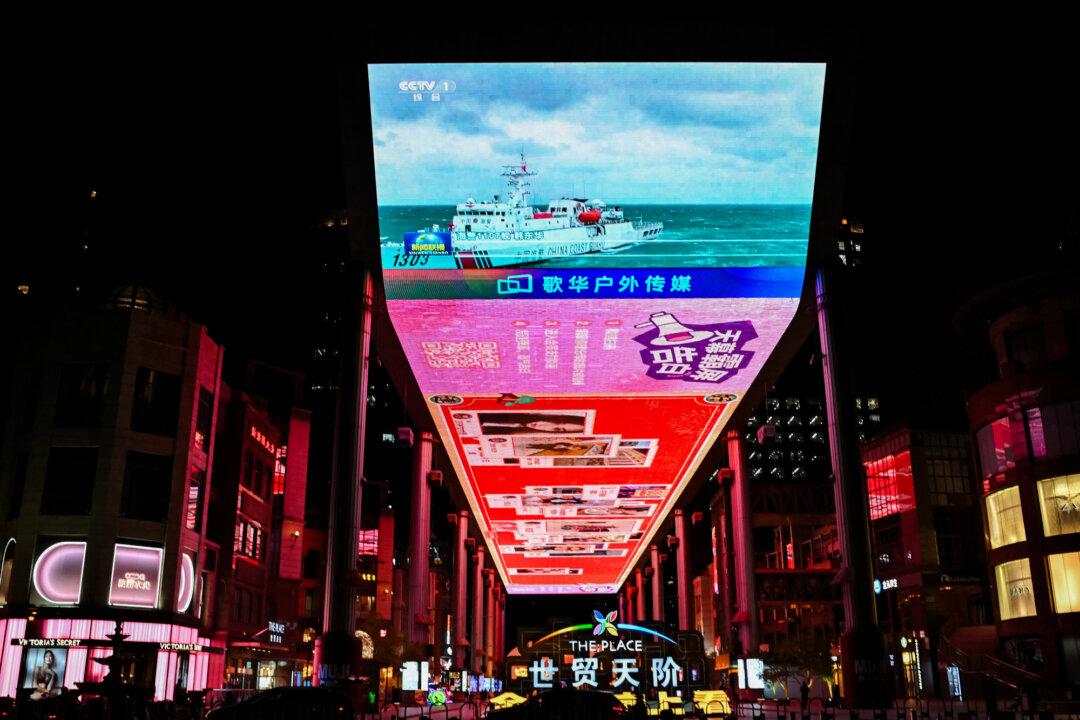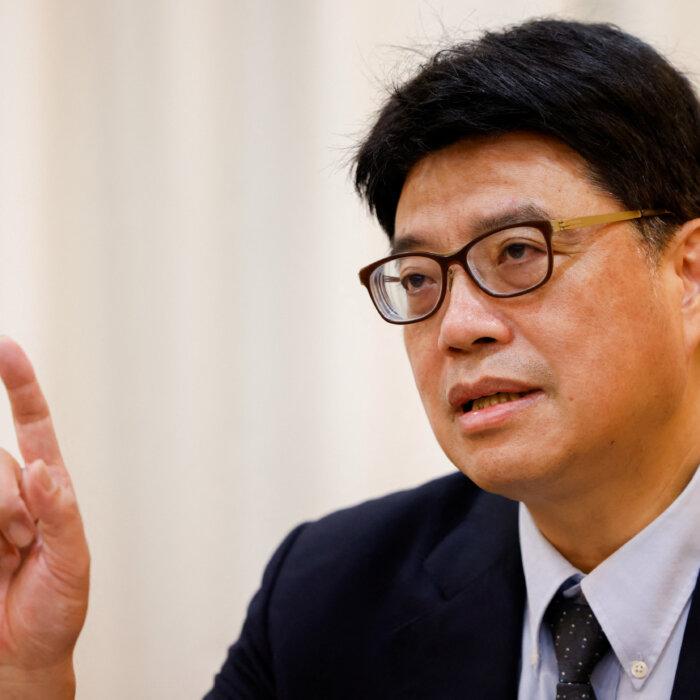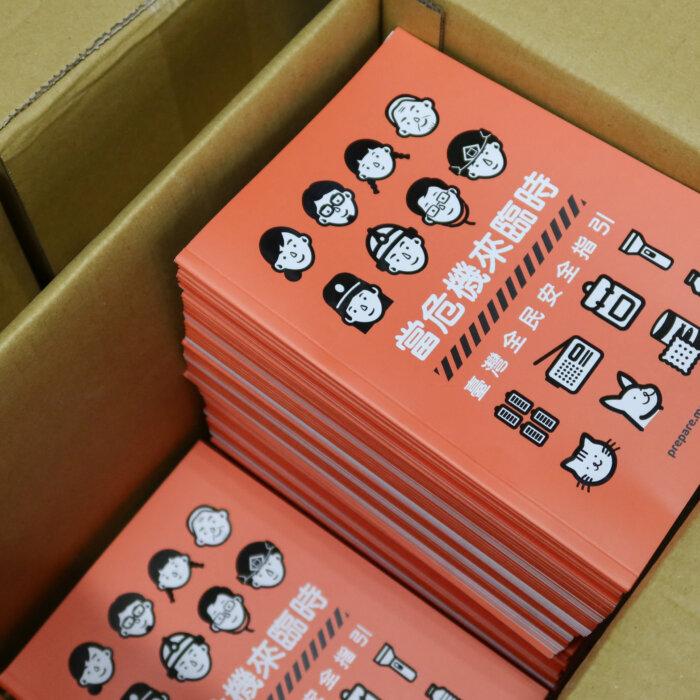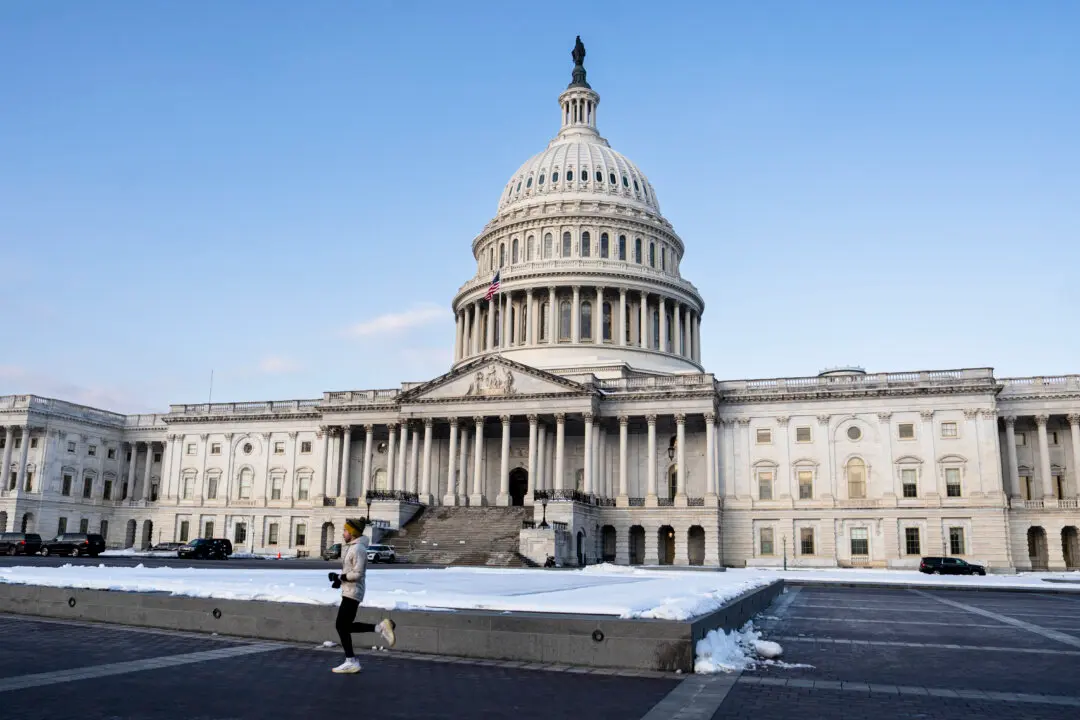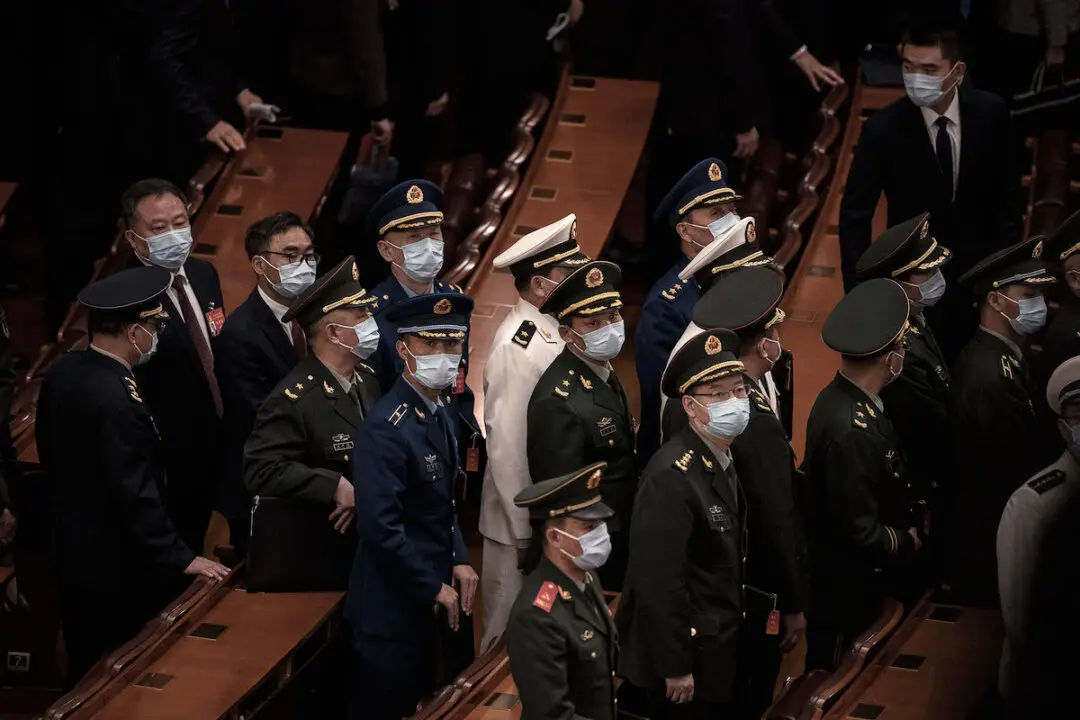Two decades ago, when Cheng Kaili was running a business in Beijing, he discovered something that shocked him: A business contact he had befriended for months turned out to be an officer from China’s Ministry of State Security.
Cheng, now secretary-general of The Revive-ROC Freedom Party in Taiwan, told the Chinese-language edition of The Epoch Times that his experience spotlights the Chinese Communist Party’s systematic approach to co-opting Taiwanese citizens into its “united front” strategy.
This influence operation network employs a combination of inducements, surveillance, and infiltration across various sectors of society, including business, politics, religious groups, veterans’ organizations, and schools.
Approached by State Security
In the early 2000s, Cheng operated a medical supplies company in Beijing. He said that one Saturday afternoon, an acquaintance from Tianjin’s foreign trade office paid him a visit. Without pleasantries, the man pulled out a second business card, revealing his true identity as a Chinese state security agent.“He said he’d been observing me for six months and thought I was honest enough to help,” Cheng recalled.
The agent asked Chen if he could bring some newspapers and magazines back to Taiwan. Cheng declined, suspecting this was merely the first step toward espionage.
Cheng recalled a previous incident in Taiwan when a senior pro-China politician had requested that he drive to a remote coastal area. When they arrived at the site, the politician discreetly took photographs of the shoreline. Only years later did Cheng realize that the location could potentially serve as a landing point for an invasion by the Chinese regime, he said.
Inside China’s Medical System
Cheng said his years in Beijing allowed him to closely examine the “dark side” of the CCP’s political system and how it warped society and various sectors, particularly health care.When he promoted Taiwanese tea culture in his company to encourage open discussions among staff, he noticed that Chinese doctors and administrators privately criticized the CCP but were too fearful to express their opinions openly.
“On my first day, I told my employees that what I identify with is cultural China, not communist China,” he said.
Cheng also witnessed widespread corruption in hospital procurement. Winning contracts required bribing a chain of decision-makers, from department heads to hospital presidents, he said. In one case, Cheng said, he secured a deal only after buying a luxury car for a hospital director.
Even more disturbing, Cheng said, was the improper use of advanced medical technology. He noted that hospitals misused extracorporeal membrane oxygenation (ECMO) machines to manipulate death statistics. He was told by a hospital director that in mining regions, official quotas capped the number of fatalities per year. Miners who were fatally injured were placed on ECMO to be recorded as “still alive,” Cheng said, allowing hospitals to report fewer deaths than actually occurred.
Cheng stated that, according to what a cardiologist had told him, doctors also used ECMO machines to delay the declaration of death during surgeries, easing tensions with patients’ families and shielding hospitals from malpractice disputes.
Cheng later visited a hospital wing in Beijing that catered to Korean clients and openly advertised organ transplants available within a week. However, the quick turnaround raised concerns for Cheng about the sourcing of the organs. When he declined an invitation to serve as a Taiwan-based broker, the hospital informed him that the organs came from executed prisoners.
“In Taiwan, you have to wait three to five years—how could they possibly do it in just one week?” Cheng stated.
Cheng said that in hindsight, he believes the hospital may have been linked to the Chinese regime’s practice of forced organ harvesting. The Epoch Times could not independently verify this claim.
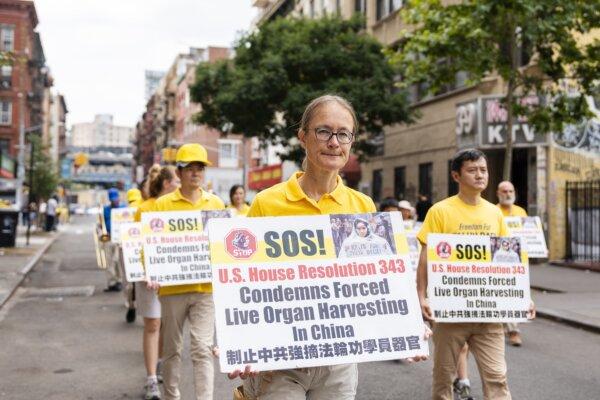
Falun Gong, also known as Falun Dafa, is a spiritual discipline based on the principles of truthfulness, compassion, and tolerance. First introduced to the public in China in 1992, the practice quickly spread by word of mouth to reach an estimated 70 million to 100 million practitioners by 1999.
Recruiting ‘Agents of Influence’
Cheng’s experiences with corruption in health care were just part of a larger issue. He also witnessed how the CCP aimed to influence Taiwanese society beyond the business realm.Cheng said the CCP influenced Taiwanese elites through luxurious hospitality. He said that villas outside of Beijing were used to host Taiwanese politicians, featuring extravagant banquets and entertainment by celebrities. He alleged that some guests were recorded in compromising situations, which gave Beijing leverage to pressure them later.
At the grassroots level, he said, religious leaders in central Taiwan received substantial annual cash payments from pro-Beijing organizations in exchange for nominal affiliation. Taiwanese veterans’ groups were targeted with subsidized trips to China, where extravagant banquets were accompanied by efforts to recruit potential “agents of influence.”
Shifting Attitudes in Taiwan
Cheng expressed concern that the CCP’s influence has seeped into Taiwan’s cultural and political landscape. He said that younger generations, influenced by Chinese TV dramas and TikTok, often see only China’s modern skylines and high-speed rail, not the CCP’s censorship or human rights abuses.He linked this shift to the failure of recent recall election campaigns in Taiwan, after which he noticed more acquaintances openly saying that Chinese rule “wouldn’t be much worse” than the status quo.
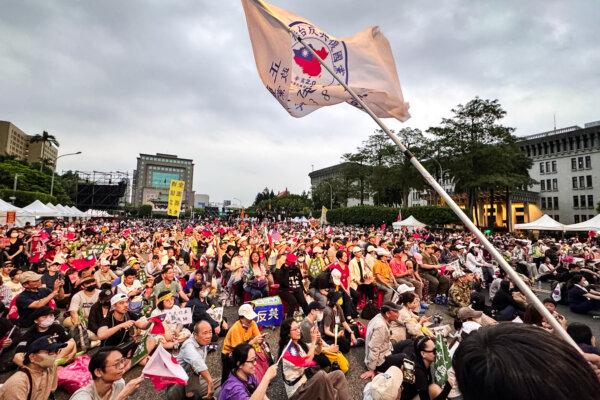
Unity
For Cheng, his personal encounter with China’s state security served as a reminder that the CCP’s infiltration strategy is not abstract, but instead targeted and systematic.“They’ll watch someone for months, find their weaknesses, and then recruit them with money, sex, or blackmail,” he said.
He cautioned that the CCP’s influence is not limited to the pro-China political camp in Taiwan. Although some compromised figures openly praise China, he said, others stay silent for years until it is time for them to do the CCP’s bidding.
“Taiwan cannot afford to be divided; its strength lies in unity,” Cheng said.
“If the rift over national identity keeps widening, the CCP will only benefit—the day it subdues us without fighting may arrive even sooner than a military invasion.”
